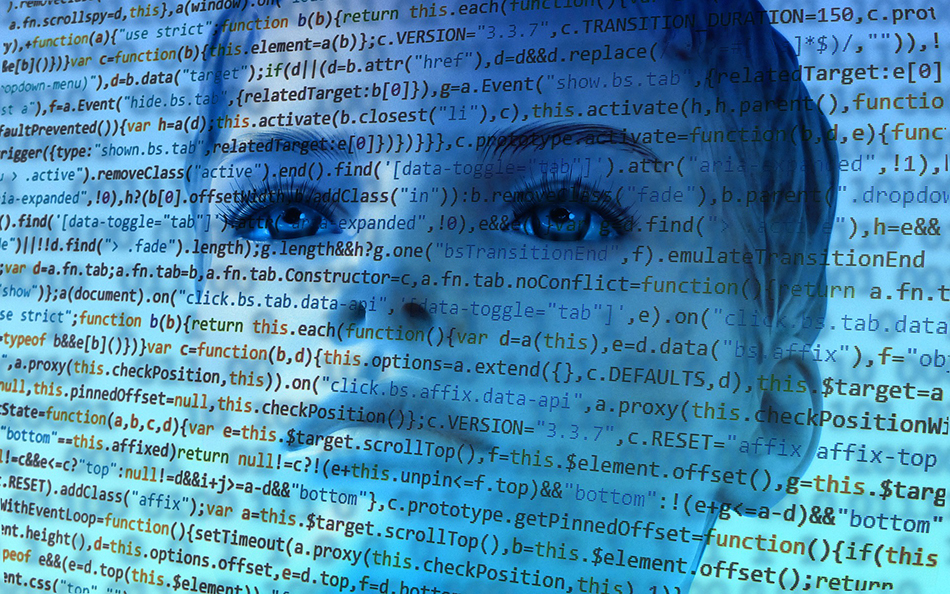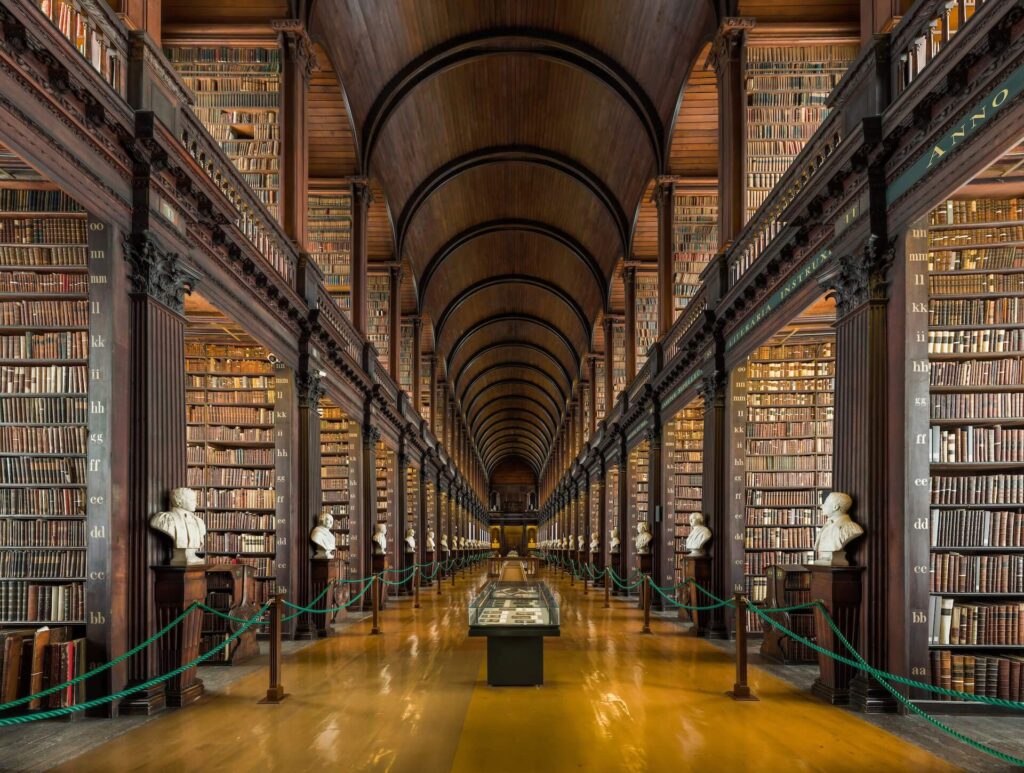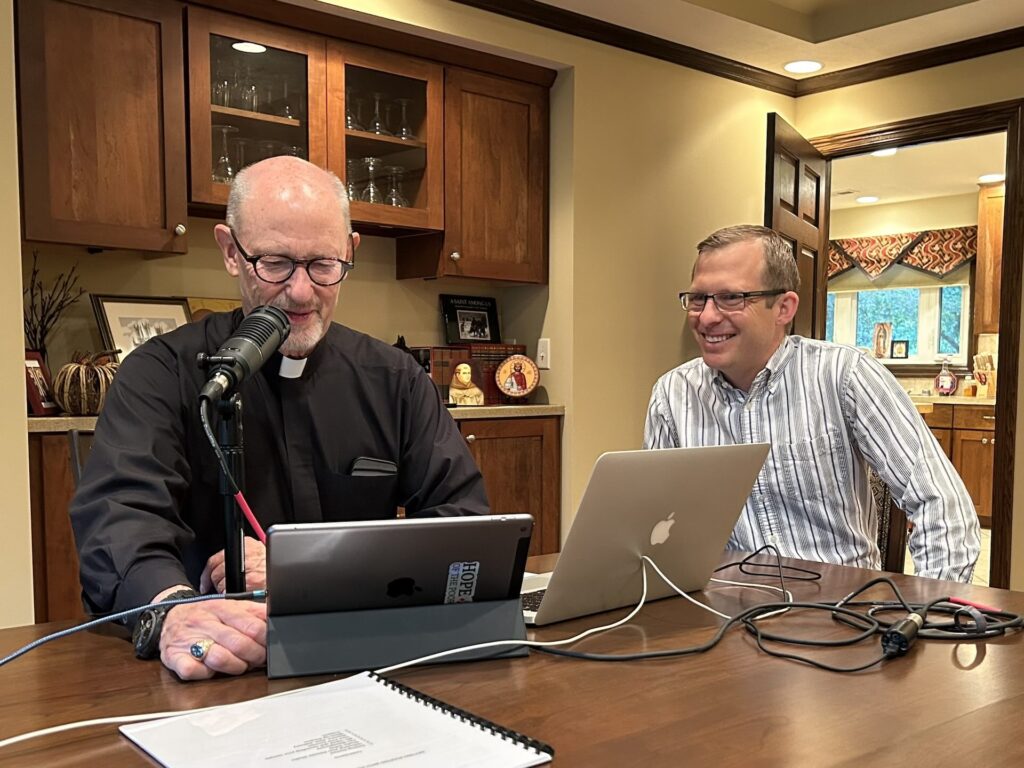Has a new Pandora’s box been opened? One of the developers of AI, Geoffrey Hinton, recently wondered if the widespread use of Chat GPT could move beyond our control. Unlike one human being learning and passing on information, computer “neural networks” can immediately accumulate knowledge and continue to develop it exponentially. Hinton remarked that “given the rate of progress, we expect things to get better quite fast. So we need to worry about that.”
We are beginning to realize that we may have unleashed something it will be difficult, if not impossible, to control.
While recongizing its possible benefits, Pope Francis also expressed concerns recently when meeting with scientists, business leaders, and intellectuals on March 27th: “I am convinced that the development of artificial intelligence and machine learning has the potential to contribute in a positive way to the future of humanity; we cannot dismiss it. At the same time, I am certain that this potential will be realized only if there is a constant and consistent commitment on the part of those developing these technologies to act ethically and responsibly.”
The European Union recently put some limits on the use of AI. The Associated Press reported: “The aim is ‘to avoid a controlled society based on AI,’ Brando Benifei, the Italian lawmaker helping lead the European Parliament’s AI efforts, told reporters Wednesday. ‘We think that these technologies could be used instead of the good also for the bad, and we consider the risks to be too high.’” The temptation will be to use whatever technological power we discover for both economic and political gains. These would come, however, at the cost of personal privacy and freedom.
Can we even opt out of the adoption of advanced technology that uses artificial intelligence? Even in countries with bans on unethical bio-medical research, rogue scientists stil finds ways of circumventing these controls. The same will happen with the use of AI, which, even with controls in place in some countries, will become unregulated in others, leading to general vulnerabilities. How can we truly set up effective guards once the technology has been unleashed?
What can we do about this? Exodus is built upon the power of freedom that arises from prayer, asceticism, and fraternity. Modern society recognizes no limits to our desires and the power of technology to deliver them constantly. We will need to take a step back, even if that means unplugging from the newest advances. Even as society loses control, we can still maintain discipline and freedom in Christ. In fact, as Christians we will need to set clear boundaries and protections for our families so that, as much as possible, we can protect them from the slavery to all pervasive technology.
Dr. Staudt serves as Director of Content for Exodus and as an Instructor for the Lay Division of St. John Vianney Seminary. He is the author of How the Eucharist Can Save Civilization (TAN), Restoring Humanity: Essays on the Evangelization of Culture (Divine Providence Press) and The Beer Option: Brewing a Catholic Culture Yesterday & Today (Angelico Press). He holds a Ph.D. in systematic theology from Ave Maria University and B.A. and M.A. in Catholic Studies from the University of St. Thomas (St. Paul, MN). He and wife, Anne, have six children and he is a Benedictine oblate.





